Is Microsoft improving its image?
The common perception of Microsoft isn’t a friendly one. But could the tide of opinion be slowly turning in its favour?

The past twelve months have seen some fairly notable goings on inside Microsoft and not just in the public eye.
The most obvious is the departure of Bill Gates from the firm he co-founded. So while the shadow of the man, and his fingerprints, are still evident, the past months have seen Microsoft run by a team not under his stewardship. To the outside, that means Steve Ballmer taking centre stage, but inside, there will inevitably be more changes.
Furthermore, internally, Microsoft is also dealing with the disappointment of Vista. Granted, it's hard to call a product a failure that's on millions upon millions of computers across the globe, but the fact remains that the critical drubbing and lower-than-expected take up particularly in the core corporate environments has at the very least left Microsoft with a bloody nose.
Add in the slipping market share of Internet Explorer, the incoming threat of cloud computing and the open source assaults on its Office business, and Microsoft has been facing some sizeable challenges, that it perhaps wasn't optimally set up to fight. Bluntly something needed to change.
Windows 7
Maybe we're seeing signs that something has. On 9 January 2009, Microsoft released for everyone's consumption a beta version of its next operating system. Set to be known purely as Windows 7, the download has been accompanied by a change in tone and rhetoric from Microsoft.
The sheer fact that we're talking about Windows 7 now, so soon after the last release, when traditionally Microsoft would have tried to wring as much as possible out of Vista first, is one sign. But that anyone in the world can download it, try it, and put it through its paces for the best part of seven months is an interesting, and bold, move.
Sign up today and you will receive a free copy of our Future Focus 2025 report - the leading guidance on AI, cybersecurity and other IT challenges as per 700+ senior executives
Furthermore, the firm even reacted quickly to remove the original limit of 2.5 million downloads. Instead once it became clear just how popular the beta was it lifted the restriction, and people have until 23 January to download a copy. You didn't even need to commit to provide feedback on the release as part of the deal.
All of this, helpfully, was explained on the ongoing, and surprisingly human, Windows 7 blog, where Microsoft also quickly apologised for the problems people were experiencing.
Also there is a post for those looking for help with Windows 7-ready security software. It all paints the picture of a firm that is keen for people to have a try of its new product, and see what changes have been made.
What helps most of all, perhaps, is the fact that Windows 7 is being really quite warmly received including by IT PRO and is certainly getting the kind if press that Vista struggled to garner.
While it's not winning everyone over, there are real signs that Microsoft has taken criticisms on board where it matters most: in the software and services that it provides. The idea of a faster, slimmer Windows is one that most Vista owners would automatically put on their wishlist, and it seems that Microsoft has genuinely done something about it. It's not just reignited interest in the Windows product line, but it's got users appreciating a fresh approach from Microsoft as well.
-
 Microsoft angers admins as April Patch Tuesday delivers password feature without migration guidance
Microsoft angers admins as April Patch Tuesday delivers password feature without migration guidanceNews Security fixes include a zero day exploited by a ransomware group and seven critical flaws
-
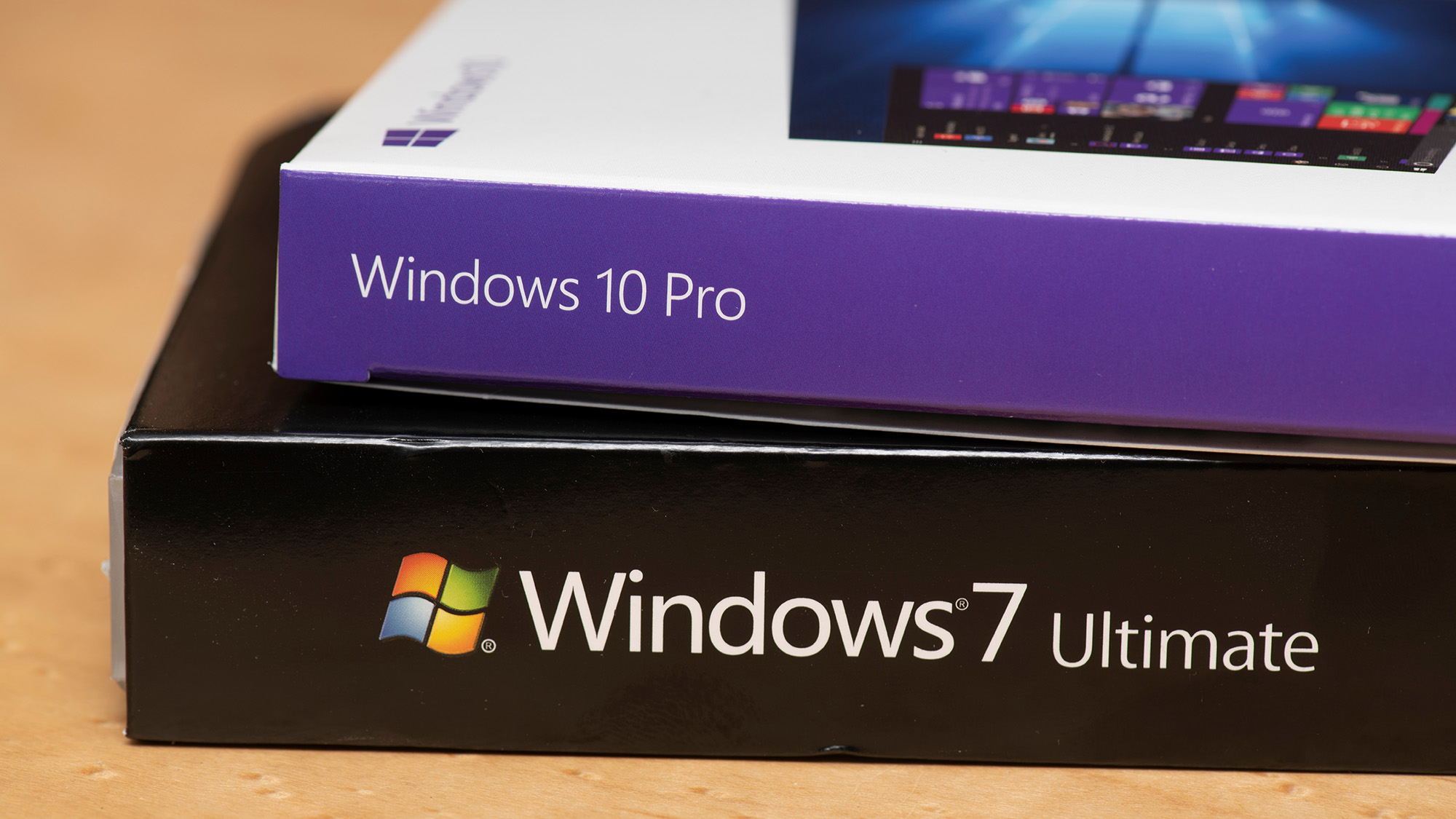 Managing a late migration
Managing a late migrationOpinion When it comes to moving from Windows 7 to Windows 10, it's better late than never
-
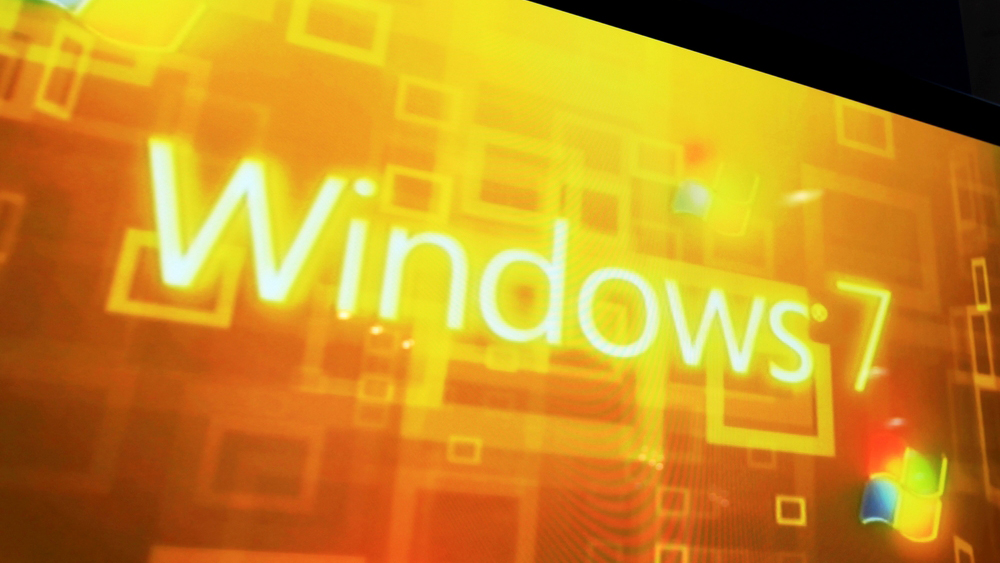 How to set up a Windows 7 emulator for Windows 10
How to set up a Windows 7 emulator for Windows 10Tutorials A complete guide for setting up a Windows 7 emulator for Windows 10 so you don’t lose access to your apps
-
 The autopsy of Windows 7
The autopsy of Windows 7In-depth Report of a postmortem examination
-
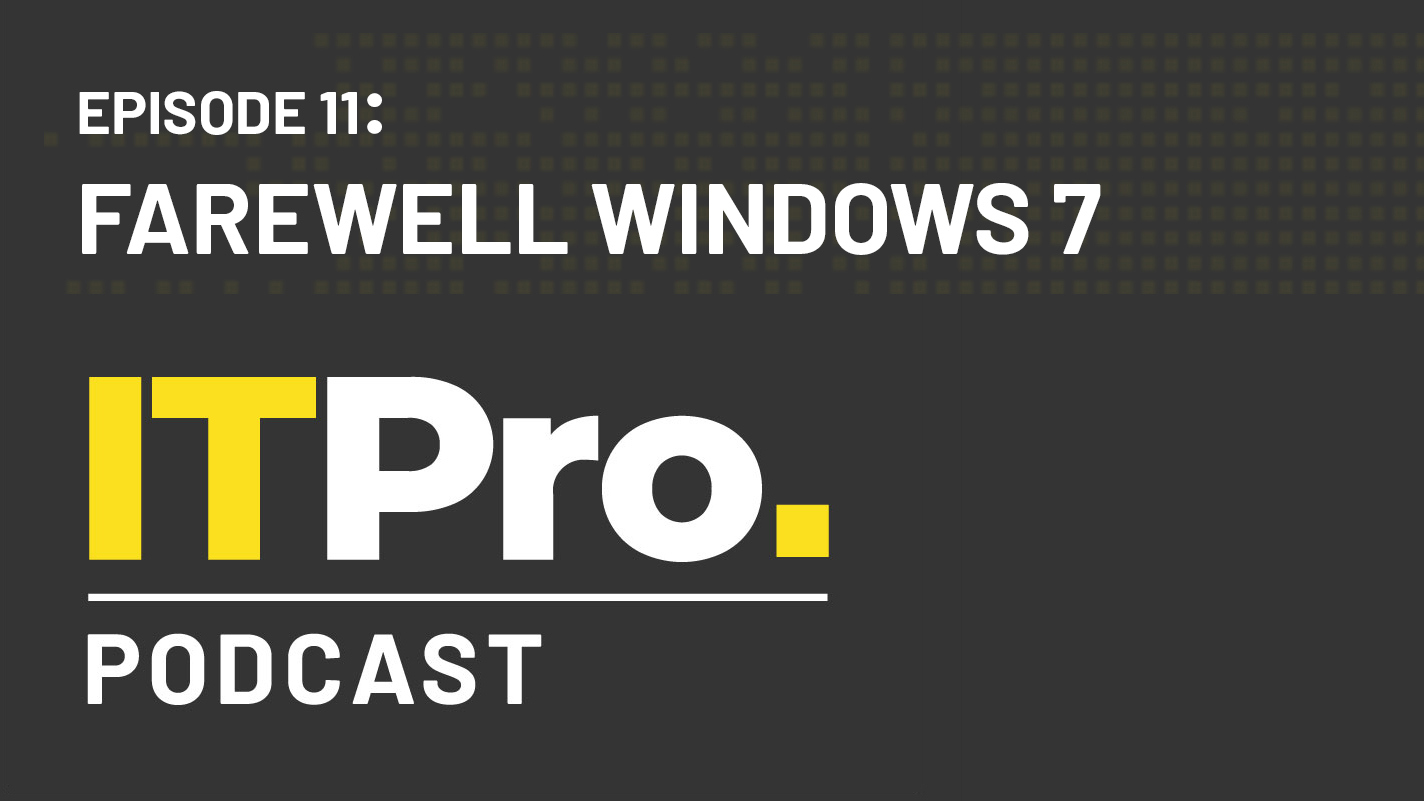 The IT Pro Podcast: Farewell Windows 7
The IT Pro Podcast: Farewell Windows 7IT Pro Podcast We reflect on the legacy of one of Microsoft's most enduringly popular operating systems
-
 Windows 7 ends: what do you do next?
Windows 7 ends: what do you do next?In-depth From SMBs to big business and individuals, after 10 years it's time to move on from Windows 7
-
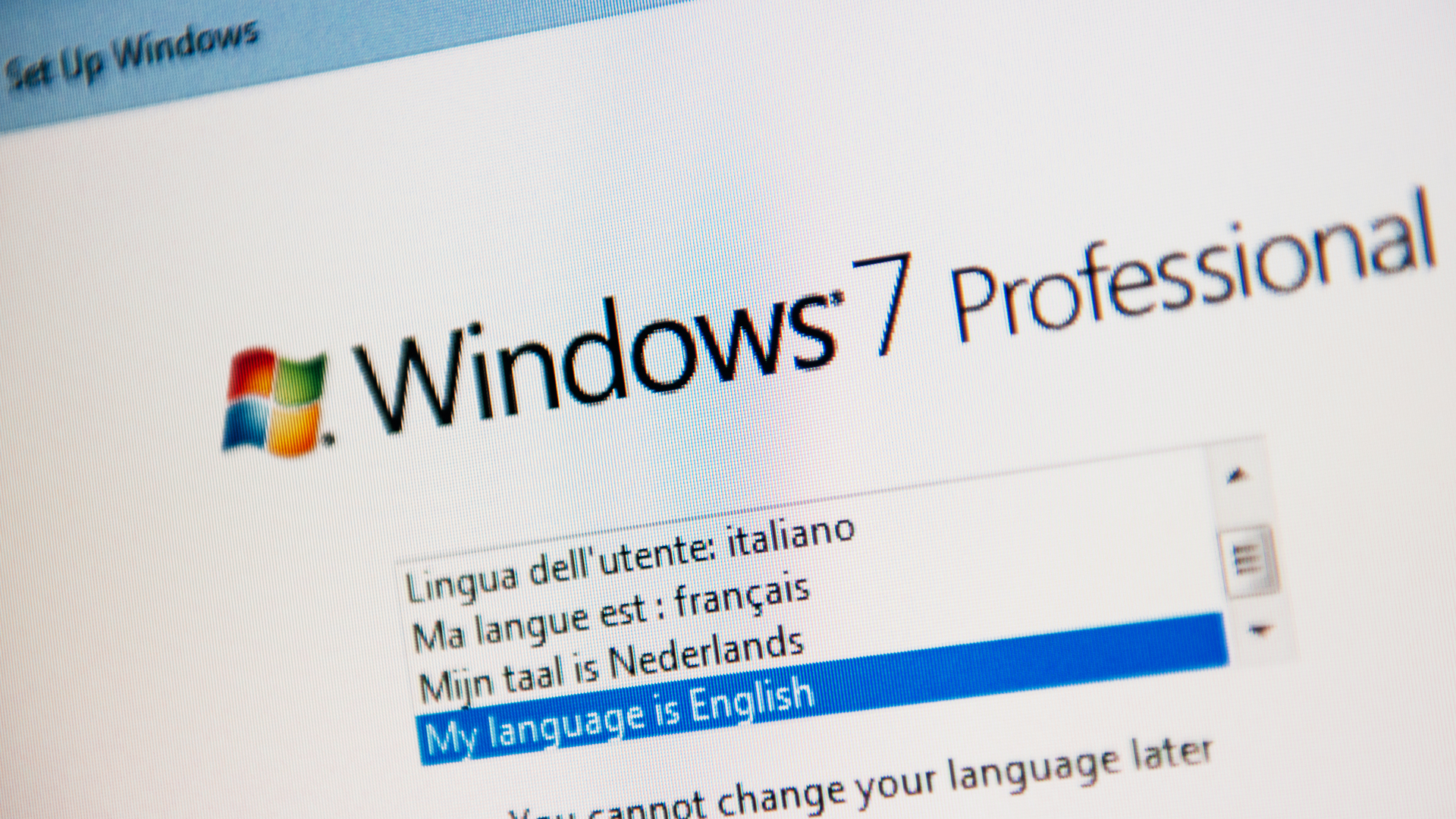 Windows 7 end of life: What to do if you haven't upgraded yet
Windows 7 end of life: What to do if you haven't upgraded yetIn-depth Microsoft has now officially moved Windows 7 to end of life, meaning it's no longer a viable business platform
-
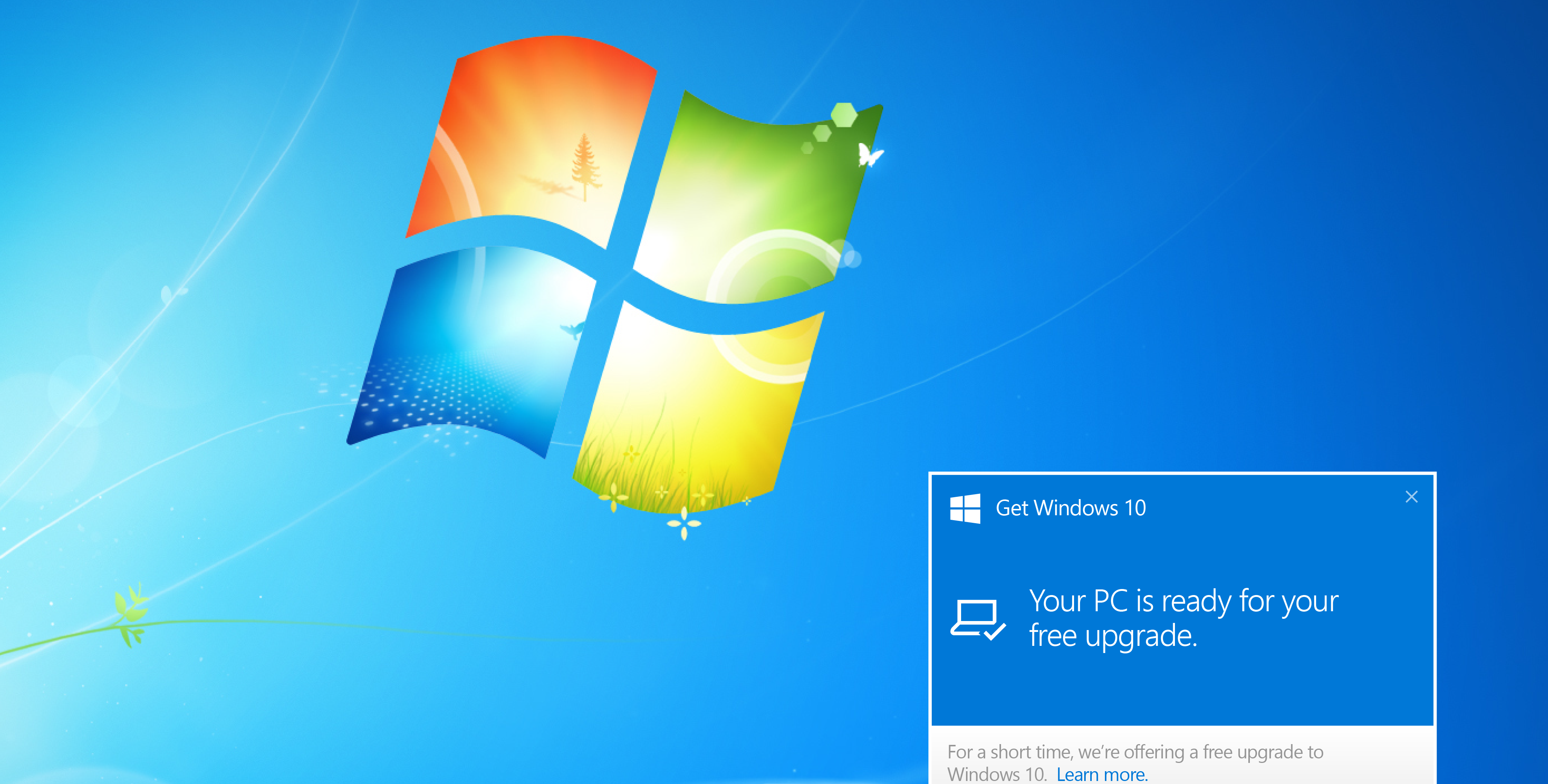 Windows 10 vs Windows 8.1 vs Windows 7 - Microsoft OS head-to-head
Windows 10 vs Windows 8.1 vs Windows 7 - Microsoft OS head-to-headVs We pit Microsoft's most popular operating systems against each other to see which is the greatest of all time

